Why mobile apps fail: A look at the most common user complaints
Future mobile apps are multi-experienced. According to Gartner, mobile apps could significantly impact the success of businesses until 2021. It's a good thing. There are more smartphone owners than ever before is increasing and there are more than 3 billion users across the globe at present, showing that the market for apps that is aimed at mobile phones is expanding.
To be successful in this market, it is essential to consider two aspects Users must download your app. Users must use your application, 80 to 90% of mobile applications are abandoned after one-time use in the real world. Studies show that on average, mobile apps lose 70% of daily Active Users (DAUs) within three days of their installation.
Related posts
Six golden secrets to help increase positive Android app reviews and 5-star rating Organic
How to Submit Android Apps to the Google Play Store
1. Why Do Mobile Apps Fail?
Why do mobile applications fail? What's more important is how can you identify the causes of failure and guarantee the app's success.
It is essential to understand that building a successful app is not done overnight. There will be numerous obstacles to overcome before you reach your version of a successful app.
The Top 3 Reasons Why Mobile Apps Fail, Source: Youtube, Reinvently
The greatest aspect is that you study the most frequent complaints made by app users. When you understand these complaints, you'll discover some incredible ideas to implement.
Just looking at complaints can only be one aspect of the other side. To gain a clearer view, study success stories and discover what has done well for the app's users.
We'll look at why mobile apps fail and attempt to unravel the typical complaints from app users.
2. Insufficient fresh, unique, and innovative ideas
A new and original idea can be thrilling. If you have a concept that's different from other ideas, then it's only natural to be more likely to succeed.
Let's explore the story of Lisk, the app that uses Blockchain technology to combat the rise of cryptocurrency.
 Lisk the app that uses blockchain, Source: Proreviewsapp
Lisk the app that uses blockchain, Source: Proreviewsapp
The app utilizes advanced technology that allows customers to send their crypto, such as Bitcoin, to anyone else. Now, that's inspiring!
Let's look at an app for mobile that has left users disappointed. Google Wave was supposed to be a collaborative tool that would include features like instant messaging, blogging, and wikis.
While many reasons contributed to the Google Wave failure, one of the main reasons was that Wave was a combination of many available services. The services included in Wave were not as good as the other platforms that provided each of these services.
Takeback: The app users prefer new concepts.
3. Uncertainty about the audience
Understanding your audience's needs is essential when creating an app for mobile devices. This is the first step you should check off your list to develop your app.
You may already have a comprehension of your audience's needs along with their interests, likes, and dislikes. However, it's not enough. You must gather every tidbit of information you can about potential customers to make more informed app-related decisions.
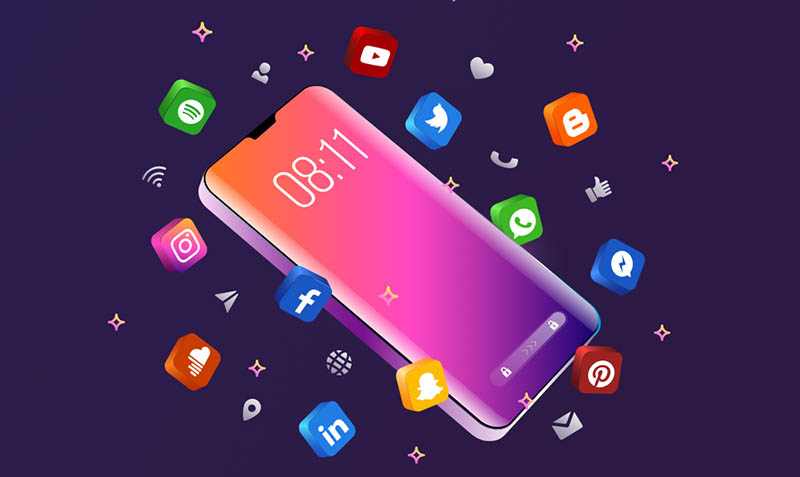 App mobile is uncertain about the audience, Source: Proreviewsapp
App mobile is uncertain about the audience, Source: Proreviewsapp
If, for instance, you plan to develop an app for grocery shopping, the target market will likely comprise all those who are part of different age categories. Shopping for groceries is generally often associated with homemakers or housewives. It makes sense to concentrate on women as your primary market.
It's not enough to think that only women or household workers will use your app. Students and men can also purchase products using your app.
This is why it's essential to think about the different types of customers, their preferences, and their needs. Then, create a plan for app development.
Takeback: Your app must have all the features that make your app accessible to all possible users.
4. Doing away with simplicity and ease-of-use
A slim mobile application can provide the users' comfort and can do fantastic. Mobile apps can fail if you attempt to design something extravagant and then make it too difficult to use.
One of WhatsApp's most widely-used messaging applications, founded by Brian Acton and Jan Koum and Jan Koum, is popular with all demographics. It's easy to use and doesn't require any specialized knowledge, which makes it a hot topic among app users.
Takeback: App-users have a preference for the simplicity of usage.
5. Compromising with the essential features and functions
Important features should not be compromised. We know that finding the right balance is crucial to the quality of your app. Too many features can make your app's use, while conversely, the absence of features will make users want more.
 Mobile app compromise with the essential features and functions, Source: Proreviewsapp
Mobile app compromise with the essential features and functions, Source: Proreviewsapp
Let's examine the motivational Lift app, which is perfect for users looking for an everyday dose of inspiration. It is a full-featured app with positive qualities that could help you stay positive while achieving your goals.
Let's look at the application - Google Wave; it had too many features such as blogs, email, wikis, multimedia management, and many more. The app was extremely demanding for a typical user when figuring out how it worked. The app's complexity resulted in most customers not even using the application.
Takeback: App users prefer an app that is balanced with regard to capabilities.
6. Doing nothing to stop the app's marketing
Creating excitement before when your app is released will help. If you make the most of social media accounts to advertise the app, you witness users sharing their thoughts and reactions that help create the required momentum.
Everpix was initially conceived as a great idea. In 2012, it had more than 55,000 active users. But, in the following year, it was shut down in 2013.
One of the leading causes of failure was that the company could not market its products. The team spent many hours of work to ensure that everything was working as it should the most effective apps cost money.
According to Verge, who carried out an analysis of the bankruptcies, $1.4 million out of $2.3 million raised was used to pay employees. They were aware that the app was great. However, there were no salespeople on the team, which was a massive oversight.
We live in a very competitive market, meaning even efficient applications need a lot of marketing and advertising.
Takeback: App users have a preference for greater engagement by way of severe advertising and promotion.
7. Neglecting user feedback
It is crucial to consider the viewpoints of the app's users before your app is released to the market. If you can't gather their views on the app, it is a sign that you're not listening to their complaints or concerns.
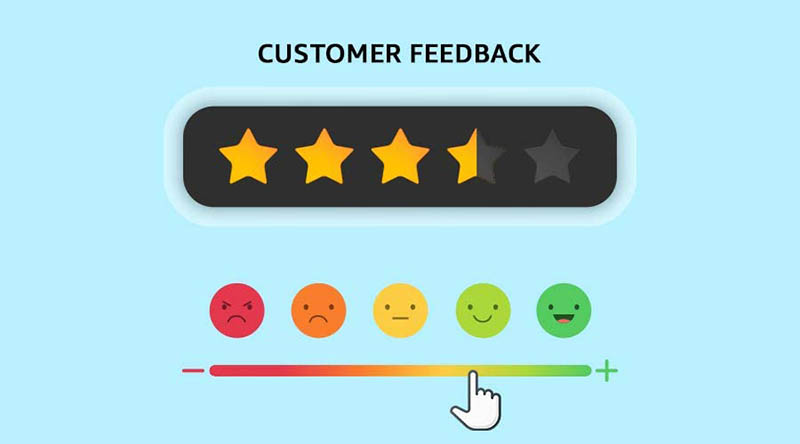 Neglecting user feedback, Source: Proreviewsapp
Neglecting user feedback, Source: Proreviewsapp
Making immediate efforts to solve their issues can make people feel valued and boost sales.
Instagram experienced a considerable amount of success shortly after its launch. It had more than 100K users in the first week following its launch due to the deliberate and thoughtful work with feedback from users.
Takeback: App users prefer acknowledgment of their grievances, coupled with practical solutions.
8. Improper Testing and QA
Although it's almost impossible to launch an app without bugs, it's a good idea to put money into QA to ensure that there aren't any significant issues. Applications that aren't thoroughly tested are likely to contain errors that will eventually cause crashes, which can affect your user's experience.
Be aware that app customers have high expectations about the quality and performance of the app. One crash can be enough to keep users from returning to your app. The app's crash is the most frequently reported complaint of users.
Takeback: Your application should be thoroughly tested with the process that has been documented. Testing should be conducted to ensure that your app is ready for market.
9. Poor user experience
One of the main reasons applications for mobile fail is poor user experience. It's evident why anyone would want to download your app if it has difficulty performing essential functions.
The user experience determines whether your application will be successful. So, it is essential to provide an exceptional user experience.
The factors that contribute to an exceptional user experience comprise:
7 Key Factors of user experience, Source: Youtube, Interaction Design Foundation - IDX
- Intuitive design
- More efficient loading time
- High-performance
- Accessible and easily
Each of the successful apps has one thing they all have in the same: they're instrumental.
Takeback: Design a user experience that is more than just the appearance and feel and seamlessly connects users with your company.
10. Conclusion
These are only a handful of frequently cited reasons why mobile apps don't work. Understanding the complaints of app users can aid in knowing their needs and bringing new solutions that are more user-centric. This helps increase customer engagement, keep on top of the market, and increase revenues.
Related posts
Why do most celebrities use Apple's products?
What made Steve Jobs successful?
What about you, is there anything in the mobile application that makes you feel dissatisfied, please comment to let us know.
Source: https://proreviewsapp.com/
Why mobile apps fail: A look at the most common user complaints
- 1. Why Do Mobile Apps Fail?
- 2. Insufficient fresh, unique, and innovative ideas
- 3. Uncertainty about the audience
- 4. Doing away with simplicity and ease-of-use
- 5. Compromising with the essential features and functions
- 6. Doing nothing to stop the app's marketing
- 7. Neglecting user feedback
- 8. Improper Testing and QA
- 9. Poor user experience
- 10. Conclusion



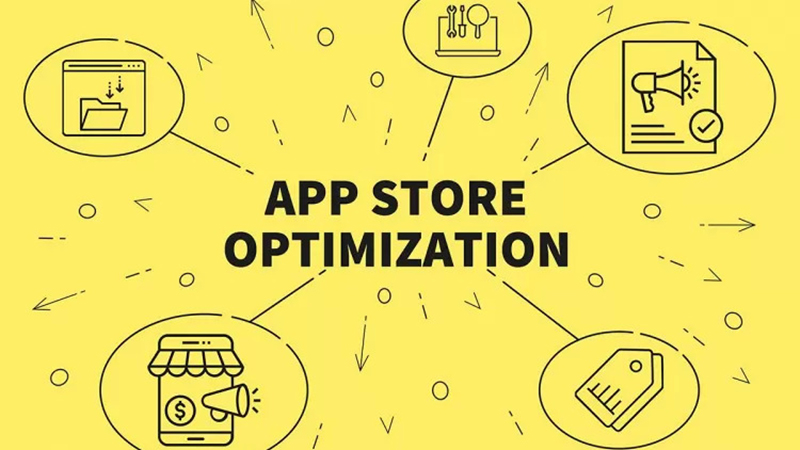
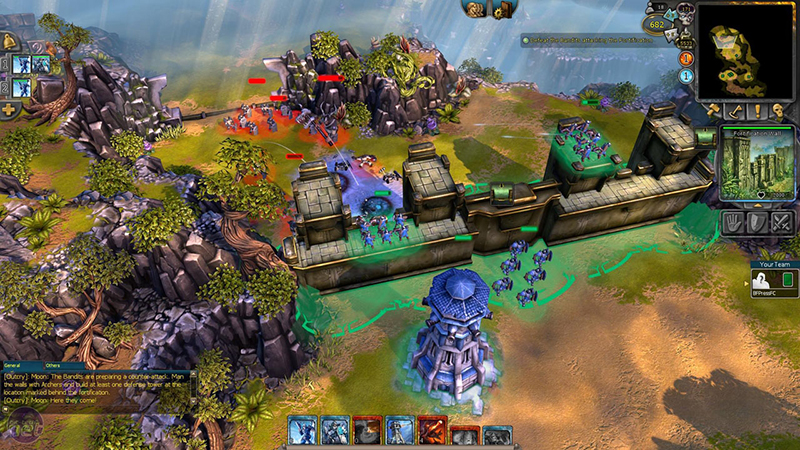
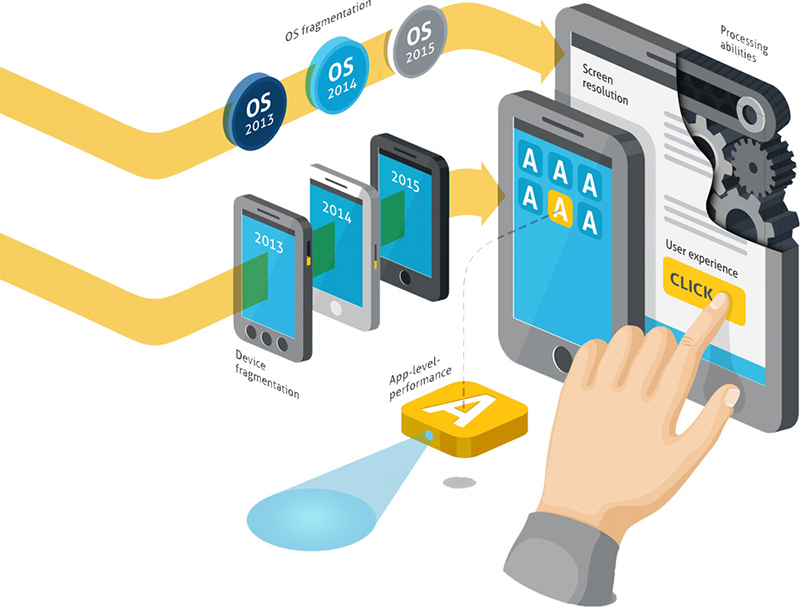
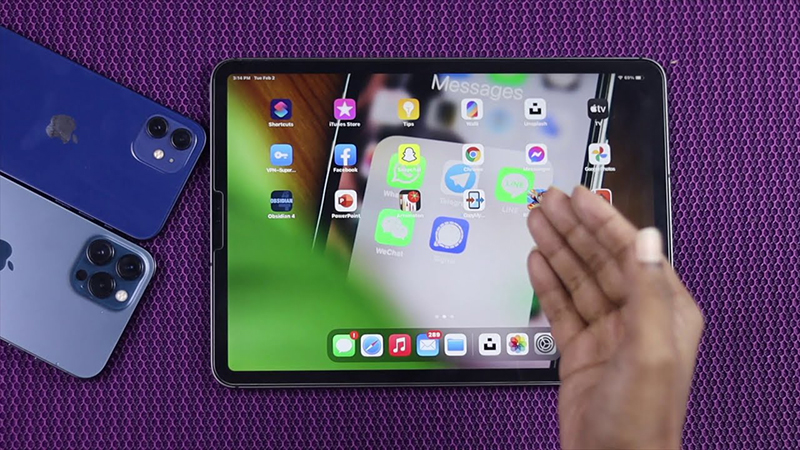

Leave a Reply
Your e-mail address will not be published. Required fields are marked *